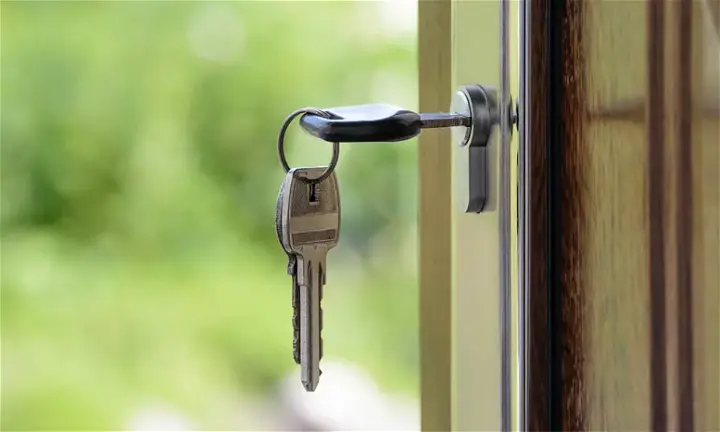When renting somewhere new, contract signing might be the most important part of the process because once a rental contract is signed, there’s no going back. Nobody wants to brush up on their rental law knowledge, so we’ve written this guide to help you look out for the most important parts.
The Basics
While the basics are just that, these are the details that could have potentially catastrophic repercussions if there’s been a mistake made. According to gov.uk, your rental contract should include:
- The names of all the people involved
- The rental price and how its paid
- Information on how and when the rent will be received
- The deposit amount and how it’ll be protected
- Details of when the deposit can be fully or partly withheld (for example to repair damage you’ve caused)
- The property address
- The start and end date of the tenancy
- Any tenant and landlord obligations
- An outline of bills you’re responsible for
- The rent
- Refundable tenancy and holding deposits
- Payments regarding changing the tenancy or terminating it early
- Utilities, council tax, TV services and communication services (if stated in the rental contract)
- Late payment fee
- Fee for key/security device replacement
If any of these are incorrect, you’ll need to inform your landlord or agency immediately to ensure that the right people are living in the right address for the right length of time. Also, by outlining the acceptable terms for money to be taken from your deposit at the end, as well as determining who is responsible for what, you’ll save yourself some stress down the line.
Fees
Rental law changed on 1st June 2019 when the Tenants Fee Act was brought into effect. This act means that for any tenancy beginning after 1st June 2019, it is illegal to charge agency fees. Therefore, the only things a landlord/agency can charge you for are:
If your landlord/agency is asking you to pay any other fees, in the rental contract or otherwise, they are breaching the ban and you can report them to Trading Standards
Deposit
Another part of the Tenants Fee Act states that holding deposits can only be up to 1 week’s rent while tenancy deposits can be up to 5 weeks rent if the annual rent is less than £50,000, or 6 weeks rent if the annual rent is £50,000 or more.
To find out more about the Tenants Fee Act, check out our article here.
For any tenancies that started after 6th April 2007, all tenancy deposits must be put in a tenancy deposit protection (TDP) scheme. In England and Wales, there are three schemes that can be used: Deposit Protection Scheme, MyDeposits and Tenancy Deposit Scheme. Scotland and Northern Ireland have their own schemes.
The landlord or agent must put your deposit in one of the aforementioned schemes within 30 days of you paying it. If they don’t, they’re breaking the law and you could be entitled to compensation. If you’re unsure, you can check, via the schemes’ websites, if your property is registered to one of them.
Inventory
Alongside contract signing, you’ll also need to sign an inventory listing any furniture the landlord is providing, and any faults with the property that were there prior to your moving in. Read this thoroughly as the amount of deposit you get back at the end of the tenancy could depend on it.
Once you’ve moved in, it’s a good idea to take photos/videos of everything in every room of the property so that you have your own proof if the landlord tries to claim you damaged something you didn’t. Getting a copy of the itinerary is also a good idea.
Break clause and subletting
Check to see if your contract mentions a break clause which, according to rental law, allows the tenant or the landlord to end the contract early as long it is after the length of time stated in the rental contract.
If there is a break clause in your contract and you wish to use it, you will typically give your notice in writing and once your notice has ended, your tenancy will end, you’ll no longer have the right to live there and you’ll no longer be liable for rent.
Please note: If you have a joint tenancy, everyone will need to agree to use the break clause before you can do so.
Sub-letting is different to using a break clause but your contract will still need to state that it is allowed (unless sub-letting isn’t mentioned, in which case the landlord’s permission isn’t required) for it to be an option. Rather than ending you contract early, someone will move in and will rent the room from you.
If you’re planning on being away for a long period of time - for example, to travel, to work or if you’re a student planning on going back home for the summer - check to see if you’ll be able to sub-let before any contract signing takes place, to see if you can save money while you’re not living there.
To find out more about ending a lease agreement early, read our article here.






There are no comments yet.
Add a comment
You must log in to comment.